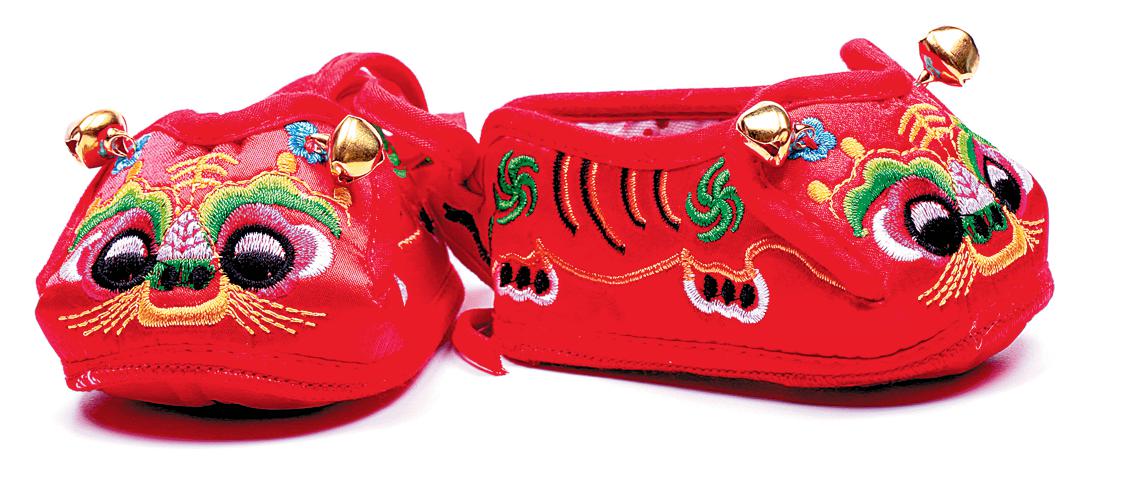

The festivities can go on for days, in line with traditional belief and custom. For example, the fourth day of the new year is a time to welcome the Kitchen God home, who is believed to head for heaven before the festival to report to the Jade Emperor about the family’s conduct during the past year.
The fifth day marks the birthday of the God of Fortune, calling for even more offerings and banquets as a welcoming gesture to the gods and a treat for secular beings.
The 15th day of the first lunar month is Lantern Festival, the first full moon of the new year. Rice balls are the traditional dish of the day. The treats are cooked in various styles — with or without filling, sweet or savory — in different parts of China.
The evening often involves a grand fair with lantern displays, a tradition that can be traced to the Western Han Dynasty (206 BC-AD 24). At the celebration, lanterns with diverse shapes, colors and themes light up the streets, and children show off their lanterns on strolls, adding to the bright lights that mark a luminous end to new year revelry.